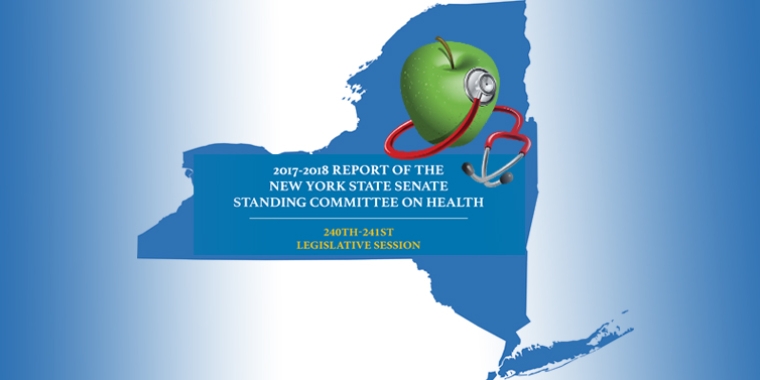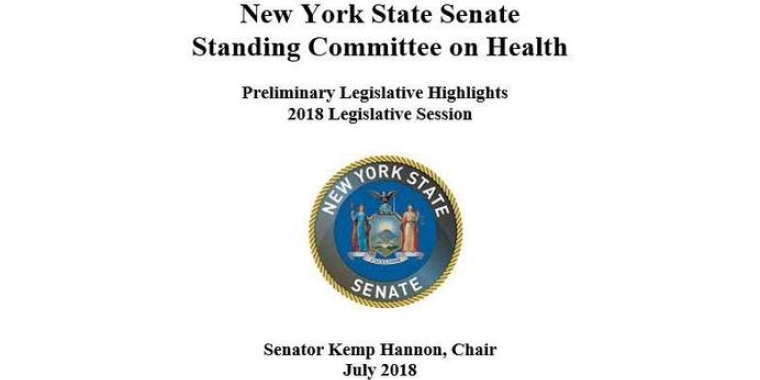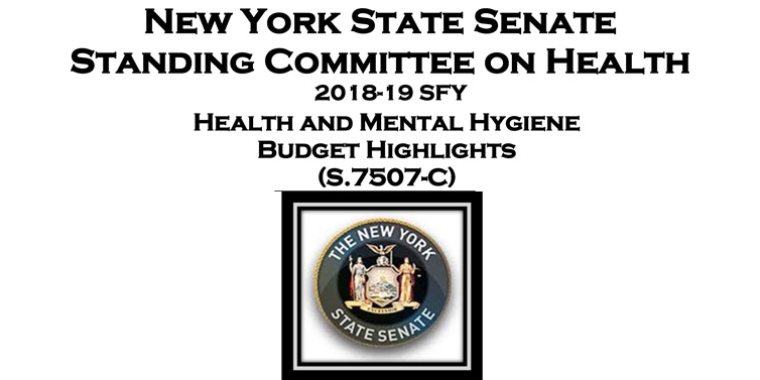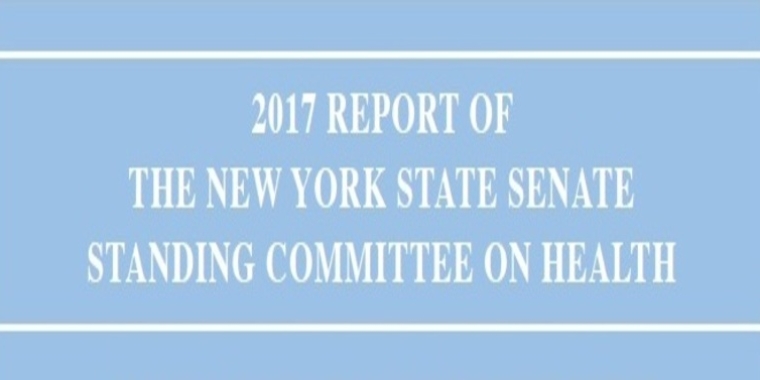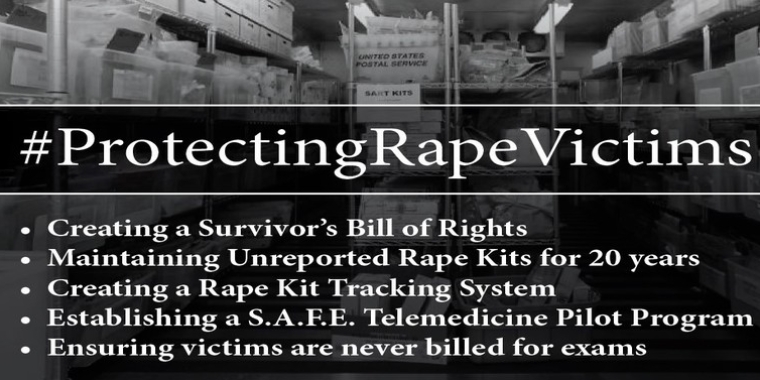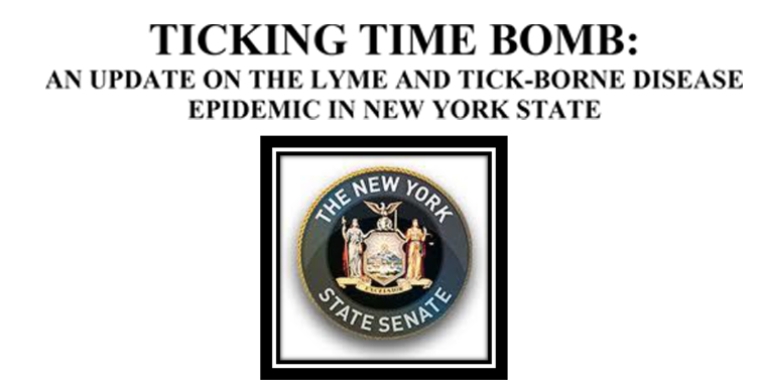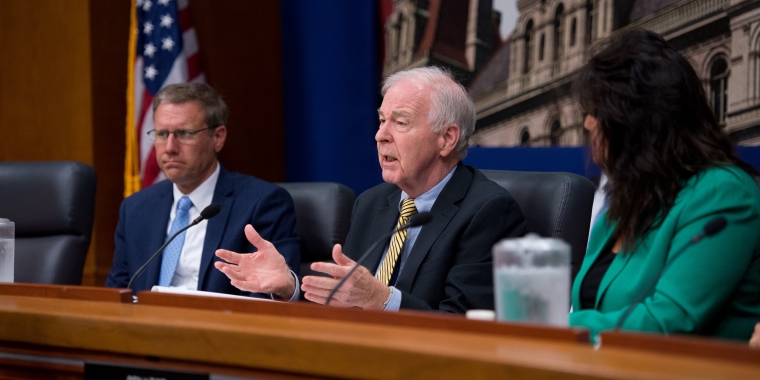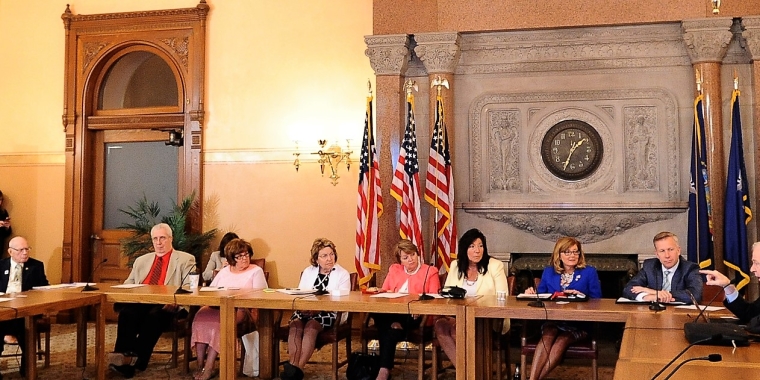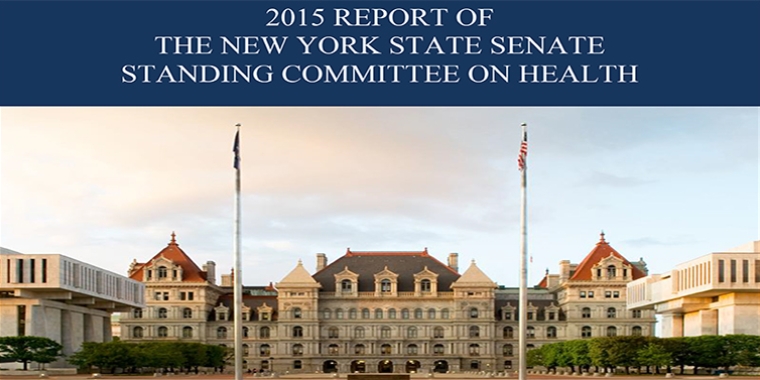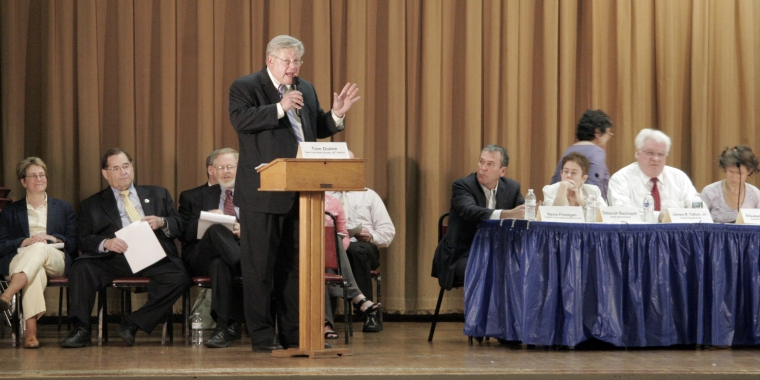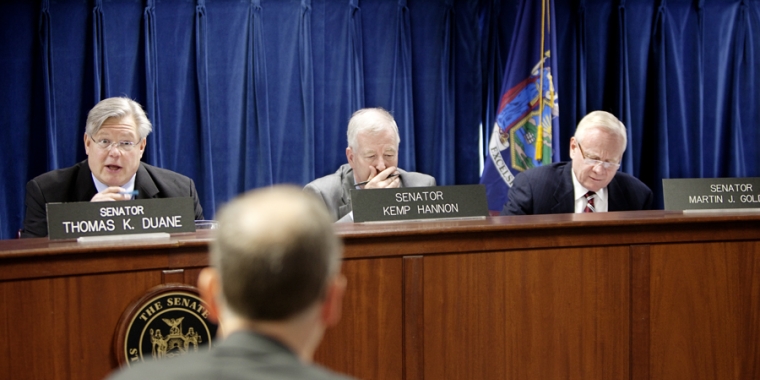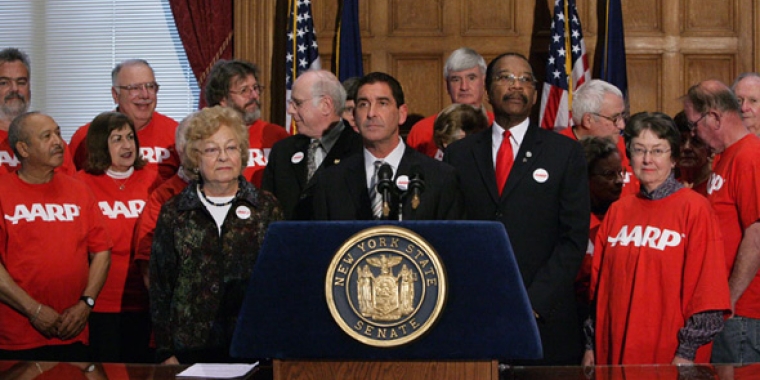07 Jun 2011
To consider legislation criminalizing the improper transfer and inappropriate possession of non-controlled substances and the subsequent effects on Medicaid expenditures and public health
Legislative Office Building
12:30 PM to 02:00 PM Archived Video
Joint–Senate Standing Committee on Health and Senate Standing Committee on Codes
Chair: Senator Kemp Hannon
Chair: Senator Stephen Saland
Public Hearing: To consider legislation criminalizing the improper transfer andinappropriate possession of non-controlled substances and the subsequenteffects on Medicaid expenditures and public health
Place: Van Buren Hearing Room A, Legislative Office Building, 2nd Floor, Albany, New York
Time: 12:30 –3:00 P.M.
Contact: Caitlin McGowan (518) 455-2200 or Caroline Chauvin (518) 455-2411Media
Contact: Lauren Brookmeyer (516) 739-1700 or Carol Wilber (518) 828-1529 / Wilber@nysenate.gov
ORAL TESTIMONY BY INVITATION ONLY
SENATE STANDING COMMITTEE ON HEALTH
SENATE STANDING COMMITTEE ON CODES
ORAL TESTIMONY BY INVITATION ONLY
(Written testimony is welcome)
SUBJECT: Criminal Drug Diversion of Non-Controlled Substances
PURPOSE: To consider legislation criminalizing the improper transfer and inappropriate possession of non-controlled substances and the subsequent effects on Medicaid expenditures and public health.
Albany
Tuesday, June 7, 2011
12:30 PM
Hearing Room A
Legislative Office Building
Senator Kemp Hannon, the Chairman of the New York State Senate Standing Committee on Health, and Senator Stephen Saland, the Chairman of the New York State Senate Standing Committee on Codes will be holding a public hearing to consider proposed legislation (S. 5260-A Hannon) that would criminalize the improper transfer and inappropriate possession of non-controlled substances and the subsequent effects on Medicaid expenditures and public health.
It has been reported that there has been an expanding black market in non-controlled substances throughout New York. Non-controlled substance prescription medications are used to treat debilitating medical conditions such as AIDS/HIV, asthma, and diabetes. These medications are not only expensive, but can have significant side effects when they are not handled and dispensed appropriately. Among the reports of diverted non-controlled substances, have been the misuse and improper transfer of Medicaid prescriptions. This has not only resulted in non-compliant patients but also in some cases, has been redistributed through complicit pharmacists to unsuspecting patients, resulting in a significant defrauding of the Medicaid system and public health issue.
Existing state law does not adequately equip law enforcement to address the large-scale black market in non-controlled substances. This public hearing will examine proposed amendments to current state law to alter penalties for diversion of prescription medications and contemplate criminal penalties for the fraudulent prescription, dispensing, and procurement of non-controlled substances, as well as unlawful possession of non-controlled substances.
- Oral testimony is by invitation only and will be limited to 10 minutes in duration followed by questions from the committee members. Twenty copies of any prepared testimony should be submitted at the hearing registration desk. Written testimony is welcome and may be mailed or emailed to the Chairs.
- In order to meet the needs of those who may have a disability, the Senate, in accordance with its policy of non-discrimination on the basis of disability, as well as the 1990 Americans with Disabilities Act (ADA), has made its facilities and services available to all individuals with disabilities. For individuals with disabilities, accommodations will be provided, upon reasonable request, to afford such individuals access and admission to Senate facilities and activities.
New York State Senate Standing Committee on Health
Senator Kemp Hannon, Chair
New York State Standing Committee on Codes
Senator Stephen Saland, Chair
To consider legislation criminalizing the improper transfer and inappropriate possession of non-controlled substances and the subsequent effects on Medicaid expenditures and public health.
TBD

